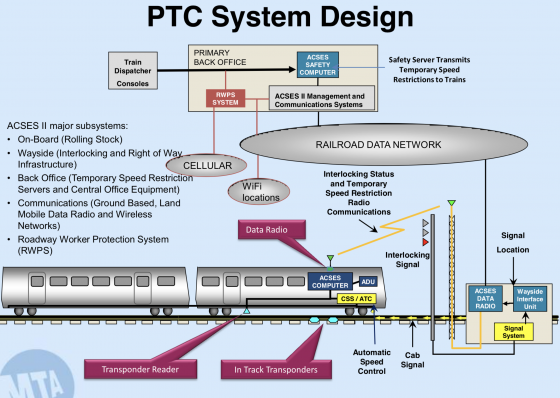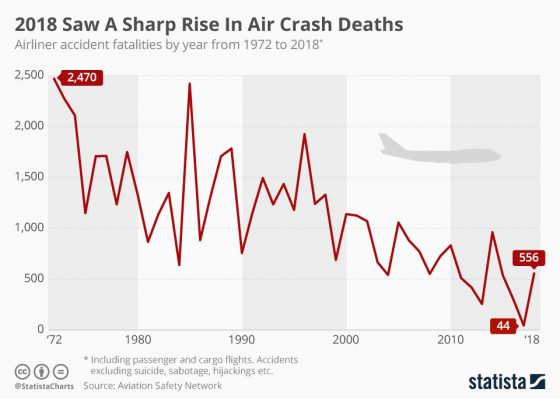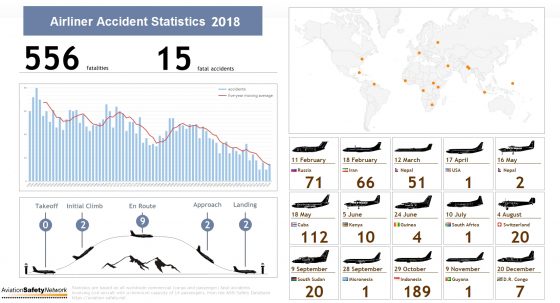Last week, the Long Island Rail Road (LIRR) confirmed interruptions in its ability to fully install positive train control (PTC) across its system by the end of the year. Newsday reported that the LIRR system, which is a unit of the Metropolitan Transportation Authority’s (MTA) network, failed 16 out of 52 factory tests performed in early March using a computerized simulation of the new technology.
Although its PTC contractor continues to investigate the cause of the failures, MTA officials said they believe it stems from the complexity and density of the LIRR, which is the busiest commuter railroad in the country averaging more than 311,000 daily riders.
PTC is designed to eliminate human error by using four components: GPS satellite data, onboard locomotive equipment, the dispatching office and wayside interface units. The system communicates with the train’s onboard computer, allowing it to audibly warn the engineer and display its safe braking distance based on its speed, length, width and weight, as well as the grade and curvature of the track, according to railroad operator Metrolink.
If the engineer does not respond to the warning, the onboard computer will activate the brakes and safely stop the train.

An approved PTC System must protect against:
- Passing a stop signal.
- Train-to-train collision.
- Overspeed on curves and other civil restrictions.
- Unauthorized incursions by a train into a work zone.
The installation began in January as part of a $1 billion safety upgrade, although it had been on the LIRR’s strategic plans for years. So far, substandard testing results are not instilling much confidence that PTC will be complete by the federal deadline of Dec. 31, 2018. If that deadline is missed agencies without properly-installed PTC may face fines of up to $25,000 per day, as enforced by the U.S. Rail Safety Improvement Act of 2008.
MTA Board member Neal Zuckerman told Newsday he is less concerned about meeting a federal deadline than he is about “having a system that works for riders.”
“It is better to have this right than fast,” Zuckerman said. “A nonfunctioning system is not worthwhile. It’s a waste of money and time and ultimately will not serve the needs of the riders.”
The LIRR is not the only major transit system to be missing the mark. Risk Management Monitor reported on Amtrak’s struggle to meet the deadline in February and that by the end of 2017, only 8% of NJ Transit’s locomotives and none of its tracks were updated with PTC.
Efforts to upgrade train technology has been a nationwide priority. There have been a number of accidents in recent years. The most recent was a major derailment occurring on Dec. 18, 2017 when an Amtrak train derailed near Tacoma, Washington, killing three passengers and injuring about 100. That crash was the result of excessive speed in a steep curve, which experts suggested could have been prevented with PTC’s automatic braking technology. Amtrak Train No. 501, on its inaugural run, was traveling 80 miles per hour in an area limited to 30 miles per hour when it derailed on an overpass, sending the train’s 12 coaches and one of its two engines careening onto the highway below.
As previously reported in Risk Management, a similar derailment in Philadelphia in May 2015 that killed eight, was also blamed on excessive speed and could have been avoided if PTC had been in place.
After Congress passed the PTC Enforcement and Implementation Act of 2015 it also authorized the FAST Act, which allocated $199 million in PTC grant funding and specifically prioritized PTC installation projects for Railroad Rehabilitation and Improvement Financing funding. The Association of American Railroads estimates that freight railroads will spend $10.6 billion implementing PTC, with additional hundreds of millions each year to maintain.
The American Public Transportation Association has estimated that the commuter and passenger railroads will need to spend nearly $3.6 billion on PTC.



